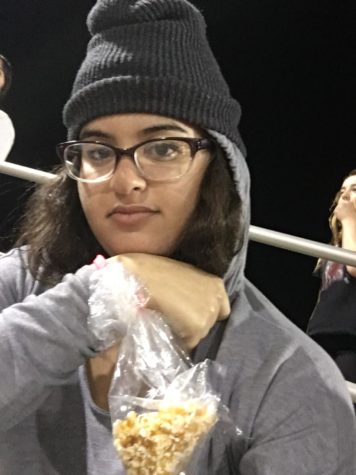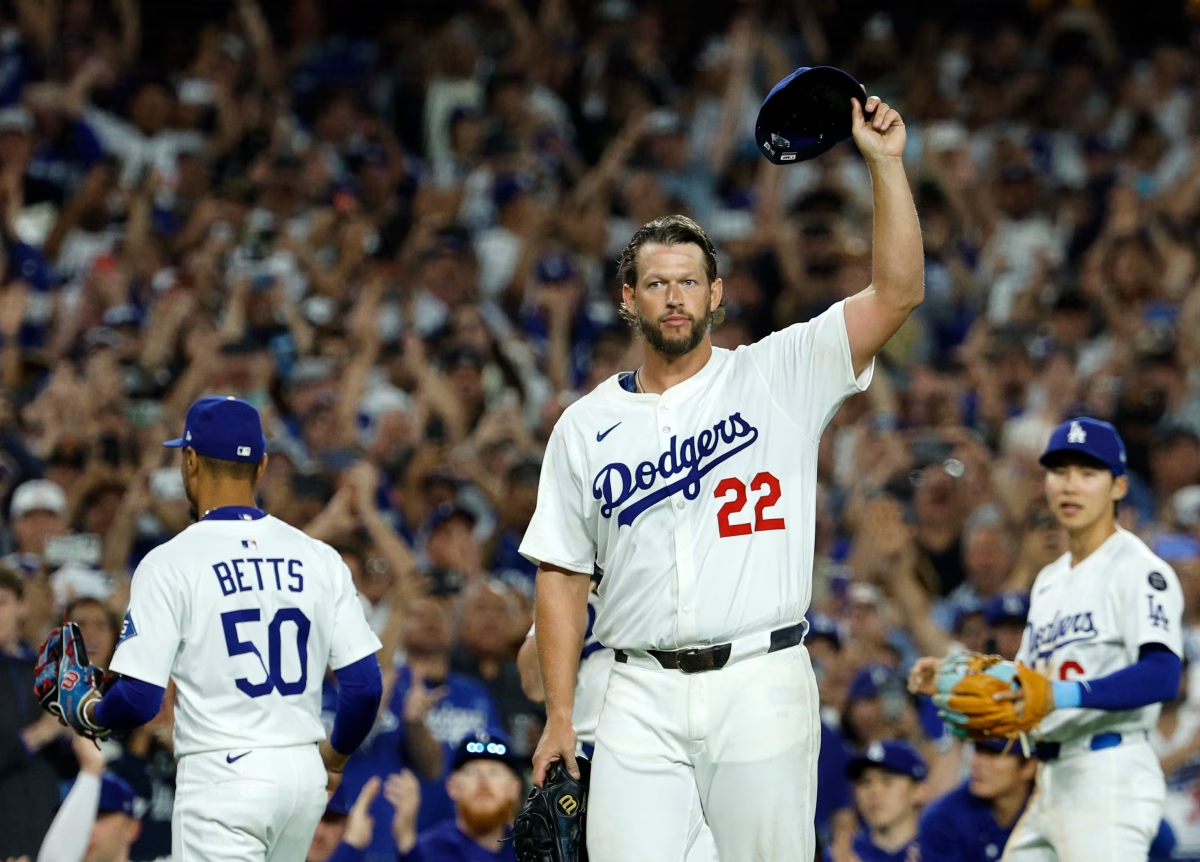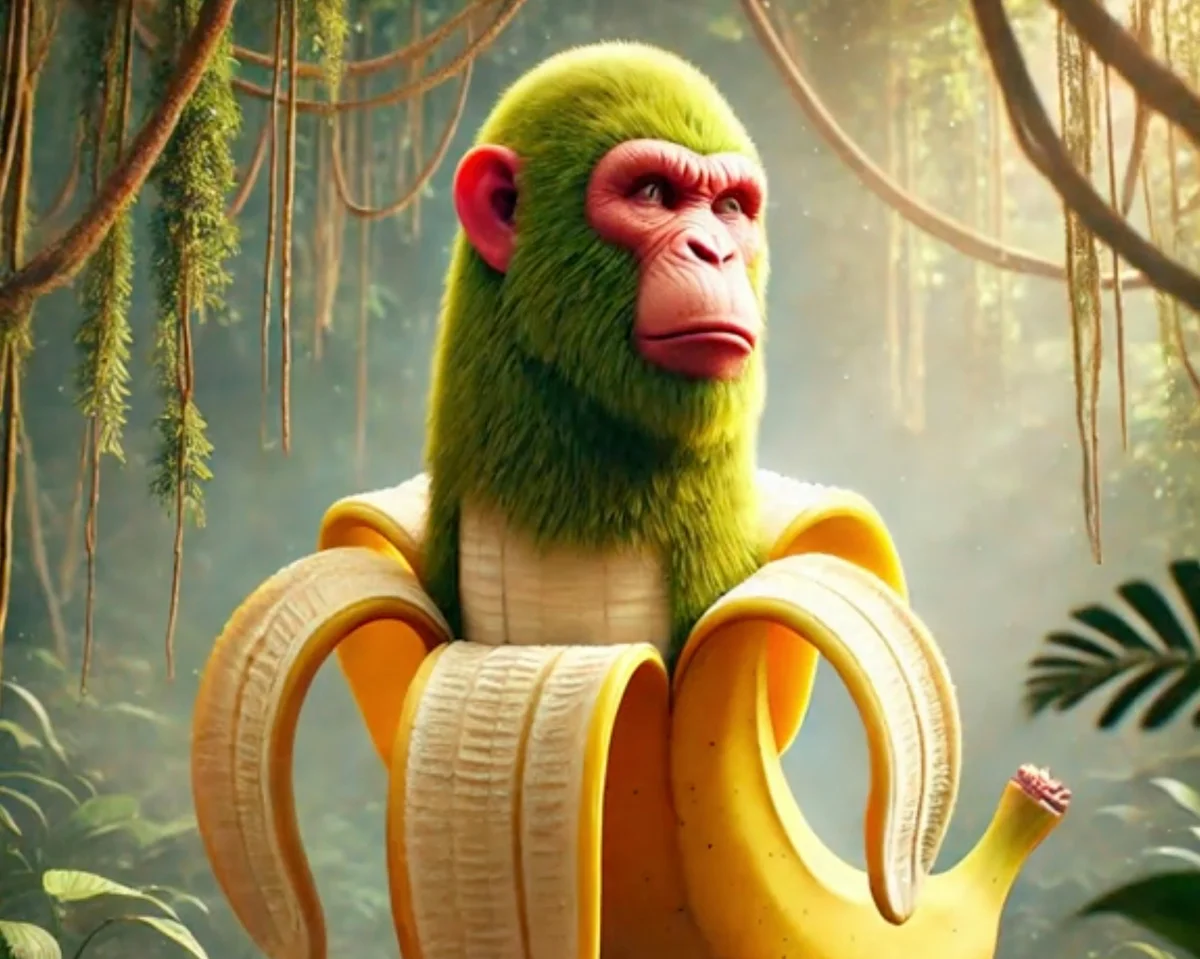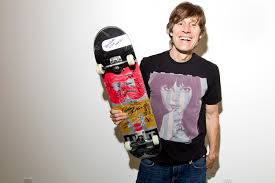Why We Love Villains

December 3, 2018
There’s definitely a long list of lovable villains in entertainment. Loki, Maleficent, the Winter Soldier, etc. — we just can’t get enough. The irony of it is that while we remain scowling and averse to the real world’s bad guys, we grow emotionally attached to fictional antagonists.
The simple explanation is that the evil guys are typically more suave than their heroic counterparts we are required to root for. They look cool, they sound cool, they act cool—basically society’s definition of impressive and captivating. Although sometimes insane and mentally unstable, they bring charisma and context to a story arc, as well as a reason for a hero to be a hero in the first place. We tend to gravitate towards individuals who are ‘brave’ enough to break out of or challenge conventional society. In that sense, we can relate to villains more often than our heroes. Simply put, they get to do things that we generally don’t have the courage or the drive to do what we think is right—but we want to.
I’m not supporting or advocating for the villains, especially if they truly are monsters, but I think there is a psychological explanation for our interest in them.
Projection. It’s a Freudian concept and the basis for our infatuation towards the bad guys. Humans operate under the id, ego, and superego but, most greatly (according to Freud), the id. The id encompasses our violent, inexcusable, sinful, or selfish unconscious desires. In these terms, our love for movie villains can be associated with and reflects a projection of our unconscious desires. I’m not trying to suggest that we all want to harm or manipulate people; rather, we have the desire to feel powerful or dominate and be courageous enough to question an acceptable society.
Villains have the freedom to be whoever they want, and to act however they want, wherever they want, without a care in the world about what others think of it. That attitude and lifestyle is what a lot of us admire and desire. Many of these characters didn’t reach this enlightening moment easily either. There is always a black sheep moment, a tragic backstory, a reason to avenge, existentialism because of an unfulfilling foundation for this development of character. The majority of our favorite villains have motives behind their actions, and because of it we are reminded of how relentless and cruel the world is. It’s almost poetic.
The stories of how these broken souls came to usually tug at our heartstrings and we just can’t help but feel sorry for the bad guy. Loki just wanted to feel the same love his brother receives from his father. Ghost just wants to rid herself of her chronic pain in order to live a normal life. Every villain has a sob story and as the humans that we are, we can’t just overlook it. Bad guys become a grey area for the audience because we are compassionate creatures. Regardless of a character’s moral contingencies, if they can get us to tear up then we might have to be concerned for them.
Personally, I find myself enjoying a movie more if the villain was designed well and most of the time my favorite characters are the villains. They are the foundation for plot and character development. There would be no heroes if villains didn’t exist and a hero doesn’t reach their full potential without encountering the villain. Thor wouldn’t have been able to mature and retrieve his hammer without Loki’s rebellion and tears. Essentially, a villain is more salient to a story than a hero and although villains can exist without heroes, heroes can’t exist without villains.
All in all, I don’t think loving a despicable character is a bad thing. How can you blame a human for feeling compassion, sympathy, or understanding? In the real world, we do not have two hours to understand the backstory and reasoning behind a person’s actions. Maybe it’s for the best. However, our interest in the alternate possibilities in entertainment allows us to take the concept of evil a little deeper. An audience’s investment in a villain could be the key to sensitization and understanding of the human condition.











